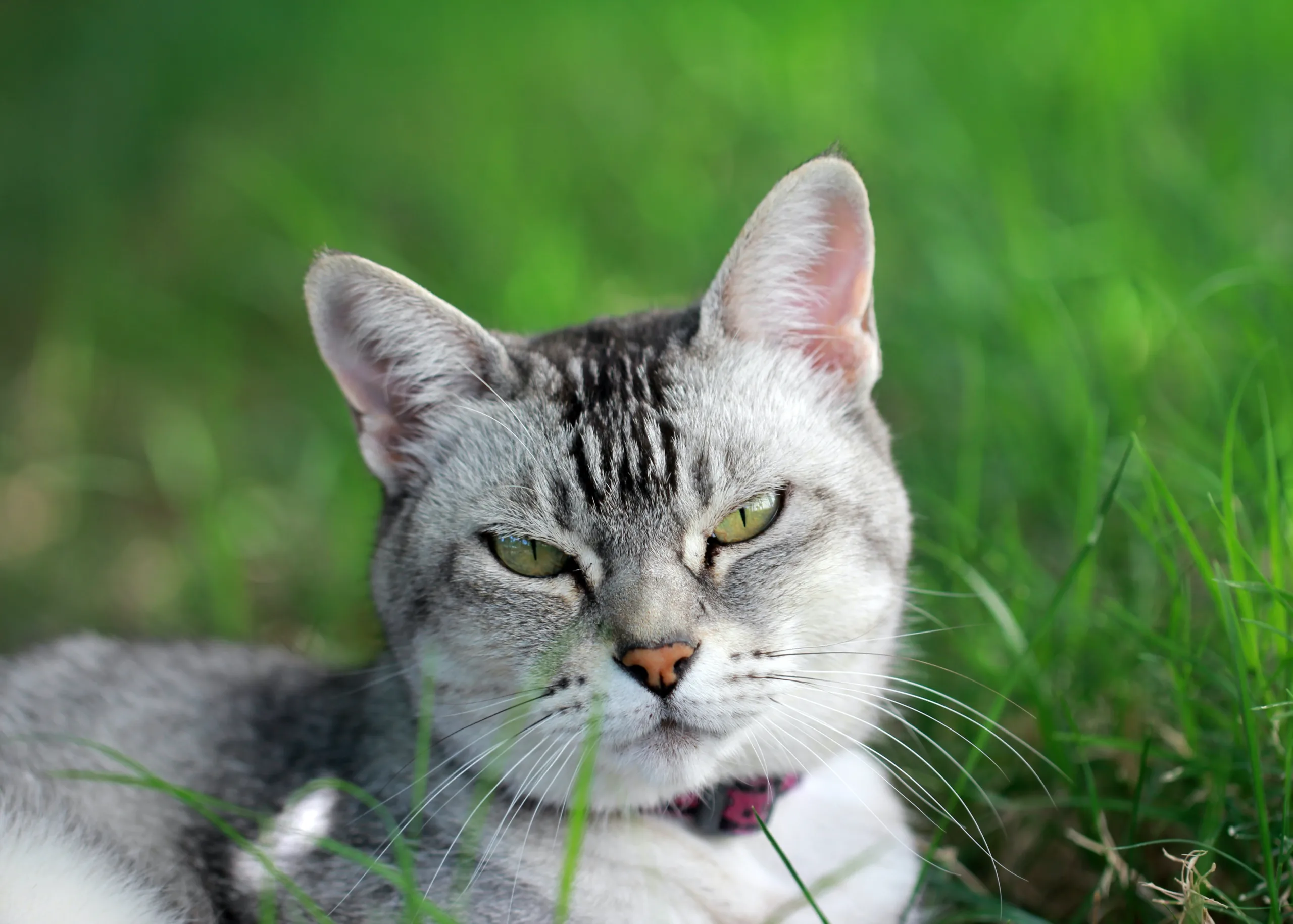Introduction
Attention Deficit Hyperactivity Disorder (ADHD) is a well-known condition that affects humans, but can it also affect our feline companions? As cat owners, it’s important to understand if our cats can exhibit symptoms of ADHD and how to identify and address them. In this article, we will explore the topic of ADHD in cats, including its signs, possible causes, treatment options, and what it means to have a hyperactive cat.
For more about cats click here
How do you know your cat has ADHD?
Identifying ADHD in cats can be challenging since they cannot express themselves verbally. However, there are certain behaviors that might indicate the presence of ADHD-like symptoms. Here are some signs to look out for:
- Excessive Restlessness: Cats with ADHD may exhibit constant movement, unable to stay in one place for an extended period.
- Destructive Behavior: Cats with ADHD might engage in excessive scratching, chewing, or knocking over objects.
- Inability to Focus: Cats with ADHD may have difficulty maintaining attention or getting easily distracted during playtime or training sessions.
- Impulsivity: Cats with ADHD might impulsively pounce on objects or people without apparent provocation.
- Excessive Vocalization: Some cats with ADHD may be excessively vocal, meowing or yowling frequently.
If you notice these behaviors in your cat, it’s essential to consult with a veterinarian to rule out any underlying medical conditions that may be causing these symptoms.
Is it possible for animals to have ADHD?
While the term “ADHD” is primarily associated with humans, some animals, including cats, can display similar behavioral patterns. However, it’s important to note that ADHD in cats is not a recognized medical diagnosis, as it is in humans. Instead, the term “hyperactive” or “high-energy” is often used to describe cats with these behaviors.
Cats are naturally curious and energetic creatures, but some individuals may exhibit heightened levels of activity and impulsivity compared to others. This hyperactive behavior can be attributed to various factors, including genetics, environmental stimulation, or even certain medical conditions. It’s crucial to differentiate between typical feline behavior and true ADHD-like symptoms to provide appropriate care.
How do you treat ADHD in cats?
While there is no specific treatment for ADHD in cats, managing their behavior and providing a suitable environment can help alleviate the symptoms associated with hyperactivity. Here are some strategies that can be implemented:
- Environmental Enrichment: Creating a stimulating environment with plenty of toys, scratching posts, and climbing structures can help channel your cat’s energy and provide mental stimulation.
- Regular Play Sessions: Engaging your cat in interactive play sessions can help tire them out and redirect their energy in a positive way.
- Structured Routine: Establishing a consistent daily routine for feeding, playtime, and sleep can help provide stability and reduce anxiety or restlessness.
- Positive Reinforcement: Rewarding your cat for calm and focused behavior can reinforce desired actions and discourage hyperactive tendencies.
If the hyperactive behavior persists or causes significant distress to your cat or household, consult with a veterinarian or a qualified animal behaviorist. They can assess your cat’s specific situation and provide tailored advice and guidance.
What is a hyperactive cat?
A hyperactive cat is an individual that displays excessive energy levels and impulsive behavior compared to the average feline. While some degree of hyperactivity is considered normal for cats, a hyperactive cat may exhibit these behaviors to an extreme extent. Hyperactivity in cats can be caused by various factors, including:
- Genetics: Some cats may inherit a predisposition for higher energy levels and increased activity from their parents.
- Environmental Stimulation: Lack of mental and physical stimulation in the cat’s environment can lead to restless behavior and hyperactivity.
- Medical Conditions: Certain medical conditions, such as thyroid issues or neurological disorders, can manifest as hyperactivity in cats.
It’s important to note that hyperactivity in cats does not necessarily equate to a medical diagnosis of ADHD. Understanding your cat’s specific needs, providing appropriate outlets for their energy, and seeking professional advice when necessary are essential in managing their behavior.
Conclusion
While the term “ADHD” is not officially used to diagnose cats, some individuals may exhibit hyperactive behavior resembling the symptoms seen in humans with ADHD. Identifying and addressing these behaviors require careful observation and consultation with a veterinarian. By providing an enriched environment, regular play sessions, and a structured routine, you can help manage your cat’s hyperactivity and ensure their well-being. Remember, each cat is unique, and what works for one may not work for another. Ultimately, your love, patience, and understanding are key to creating a harmonious and balanced life with your feline companion.
FAQs
Q: Can cats outgrow hyperactivity?
A: While some hyperactive behaviors may diminish with age, it’s important to understand that individual cats have unique temperaments. Consult with a veterinarian if you have concerns about your cat’s behavior.
Q: Are certain cat breeds more prone to hyperactivity?
A: While there is no specific breed that is universally hyperactive, some breeds, such as Bengals or Abyssinians, are generally more energetic and require more mental and physical stimulation.
Q: Can diet affect a cat’s hyperactivity?
A: A balanced diet tailored to your cat’s specific needs can contribute to their overall well-being. However, there is limited scientific evidence linking diet directly to hyperactivity in cats.
Q: Should I consider medication for my hyperactive cat?
A: Medication should only be considered under the guidance of a veterinarian or veterinary behaviorist. They can assess the situation and determine if medication is appropriate for your cat’s specific needs.
Q: Can hyperactive cats be trained?
A: Yes, with patience and positive reinforcement, hyperactive cats can be trained to focus their energy and exhibit more desirable behaviors. Consult with a professional animal behaviorist for personalized training advice.
Q: Can spaying or neutering reduce hyperactivity in cats?
A: Spaying or neutering can help reduce certain unwanted behaviors, such as roaming or aggression, but its impact on hyperactivity may vary between individuals. Discuss with your veterinarian for more information.
Click here for more
